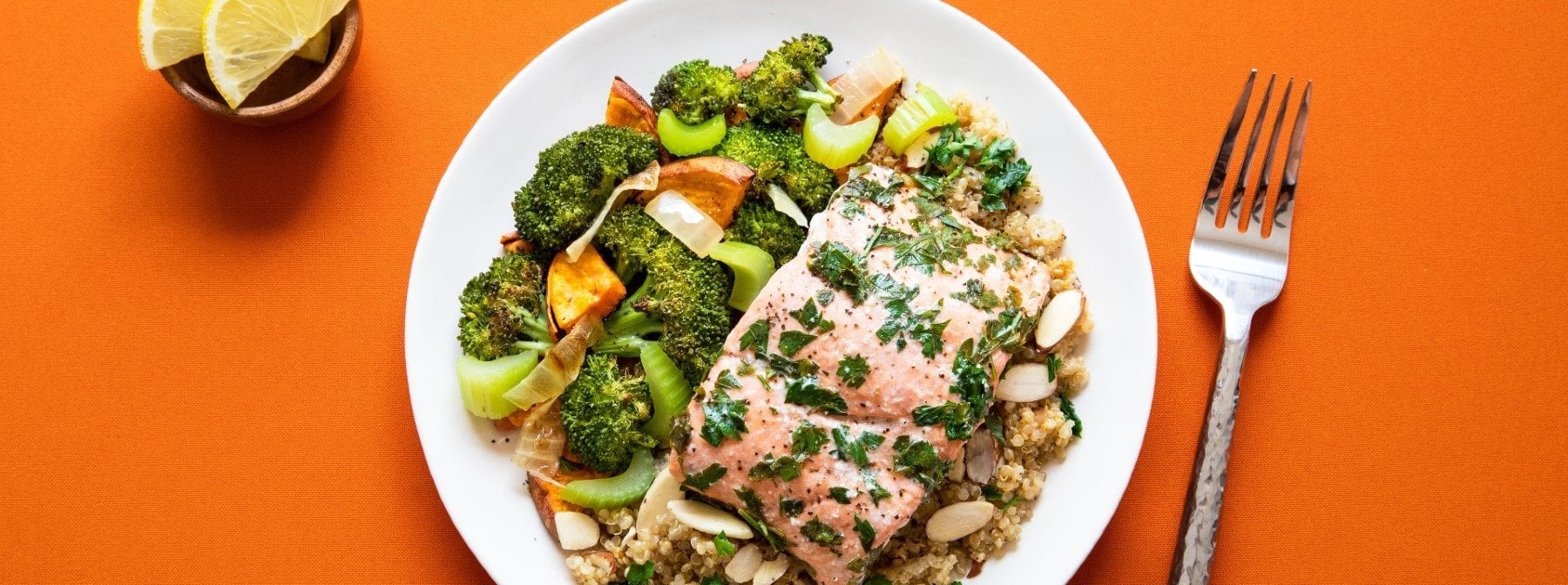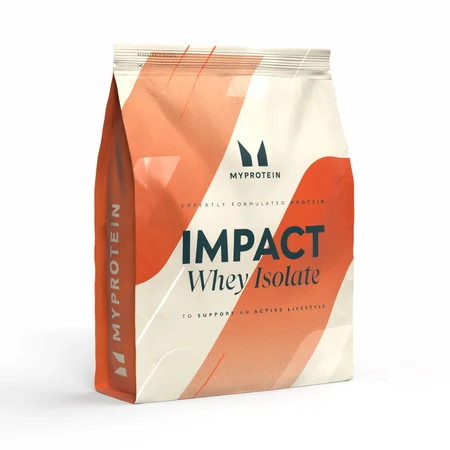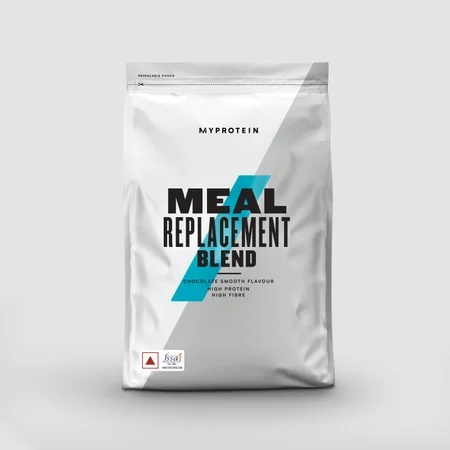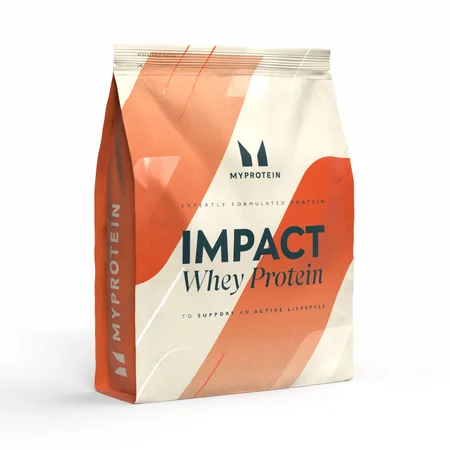Eat More to Lose More

“Do you want the secret of how you can eat more food and still lose weight?”
Put your hand up if you’ve ever seen this sales pitch as you scroll through your social media feed.
It’s a popular new diet trend that promises people that they can eat more and still lose weight. Sounds too good to be true, no?
Weight loss is achieved through consistent calorie deficit over time, so how could eating more possibly lead to greater weight loss?
But it is possible. Bear with me, as it’s a bit of a complex one to explain.
When someone says you can eat more and lose weight, they’re usually talking about one of these three outcomes:
- Metabolic adaptation
- Consuming more food volume but the same if not fewer total calories
- The general benefits of rounded nutrition and fuelling yourself properly
Let’s dive into each of these three together and explore how you can eat more (either subjectively or in actuality) and still lose weight.
Jump to:
Metabolic adaptation:
In simple terms, metabolic adaptation is the body’s response to food, drink and exercise.
It occurs during all forms of weight management: when we are dieting, maintaining or gaining.
When we eat more food, our total energy expenditure increases. When we eat less food, our total energy expenditure decreases.
The more restrictive we get with our diets, the more the body will “fight back” against it, and the more our total energy expenditure decreases.
The reason why this happens is down to …
- Changes in energy expenditure from digestion
- Changes in body temperature
- Changes in energy expenditure from physical activity
Some food types need more calories to be digested and used by the body.
Evidence suggests that a diet high in protein can lead to greater energy expenditure. (1)
This may be down to protein's complex structure, how it’s used in the body, and why it’s such an effective factor in weight management.
Protein is also great for maintaining muscle mass, which is highly energetically demanding.
Protein also increases satiety, thanks to its role in triggering fullness hormones while reducing the secretion of hunger hormones.
So, one of the best methods of “eating more” is simply by increasing your protein intake. You may be consuming less total energy and burning more energy, but you’ll still feel full and satiated.

Are you really “eating more”?
We typically increase the amount of food we eat when we want to make a health-focused change. This could be volume of food, or it could be frequency of meals.
People who allow themselves to eat more may also find they're being less restrictive with their diet, both in terms of how much they're eating as well as what they're eating.
Eating foods you enjoy is an important part of sustainable change that will help your progress, not deter it. Being less restrictive with what and how much food you eat can also reduce the likelihood of overeating and even binge eating.
Another way of “eating more” is by following a volumetrics diet. This is an approach to eating designed to help weight loss by consumption of low-calorie, nutrient and water-dense foods.
The idea is that foods with a high-water content and low-calorie density are better for managing hunger and controlling calorie intake. Other healthy habits, such as regular exercise and keeping a food journal, are recommended.
Studies show that increasing your intake of these foods can lead to decreased cravings, increased feelings of fullness, and reduced hunger. (2)
Long-term studies have shown that diets with a greater amount of energy-dense foods lead to weight gain while following a volumetrics style approach is associated with weight loss. (3,4)
The trick with this diet is that you are technically eating more volume but consuming less energy (or the same) so you really might be “eating more and losing weight”.
The underestimated brilliance of fuelling
One of the best things to hear in my own practice is when people realise just how great it feels to actually "fuel" themselves rather than live a life running on fumes ...
By running on fumes, I mean heavily restricted diets alongside excessive exercise to accelerate weight loss.
Fuelling ourselves the right way can have so many benefits, not just physically but also mentally.
Embracing a narrative of fuelling rather than restriction can help assist with many things. Avoiding malnutrition is certainly one, but it can also help you too:
- Maintain a healthy immune system. (5)
- Sleep better. (6)
- Improve mood and mental wellbeing. (7)
- Develop lean muscle. (8,9)
- Have a healthy gut. (10)
Fuelling rather than restricting means taking a more measured approach to weight change over time.
Everyone’s in a rush to achieve their “dream” body, but this rush often sabotages any efforts because it's unsustainable in the long term.
The keys to weight loss are consistency, patience and calorie deficit. I recommend you take a light approach to calorie deficit. Try to eat as much as you can while losing weight gradually.
Coaches who advocate this fuelling approach are worth looking out for. It can be hard to find them, but they’ll often do more for your health than rapid fat loss gurus.
Realising that you can lose weight and keep it off without dieting yourself into starvation can be an incredibly liberating experience for people who have been failed by fad diets and irresponsible coaches.
Take home message
While I would advocate for scepticism when someone is claiming to help you lose weight by eating more food, it can be done if there’s an evidence-based reason behind it.
There are a few ways you can do it: increasing your protein intake (I’d recommend up to at least 1.2-1.4g per kg of body weight per day) and exploring a volumetrics approach.
Your ability to lose weight when eating may be a consequence of breaking a restriction-overeating cycle, fuelling more movement or even reducing the impact of metabolic adaptation, which occurs in response to excessive diet and exercise change.
Hopefully you understand the concept a bit better now and it makes sense as to why this contradictory-sounding practice may work in some cases. I’d recommend upping your protein and mixing in some volumetrics if you struggle with satiety; those two factors will make a great deal of difference.
Want more nutrition advice?
READ THESE NEXT:

15 Minute Workouts for Any Occasion
Too busy to exercise? All you need is 15-minutes a day!

30-Minute Chicken Tikka Masala Meal Prep
Sort your lunches for the week in just half an hour.

10 Best Vitamins & Supplements For Energy
Falling asleep at your desk? We're here to help.











